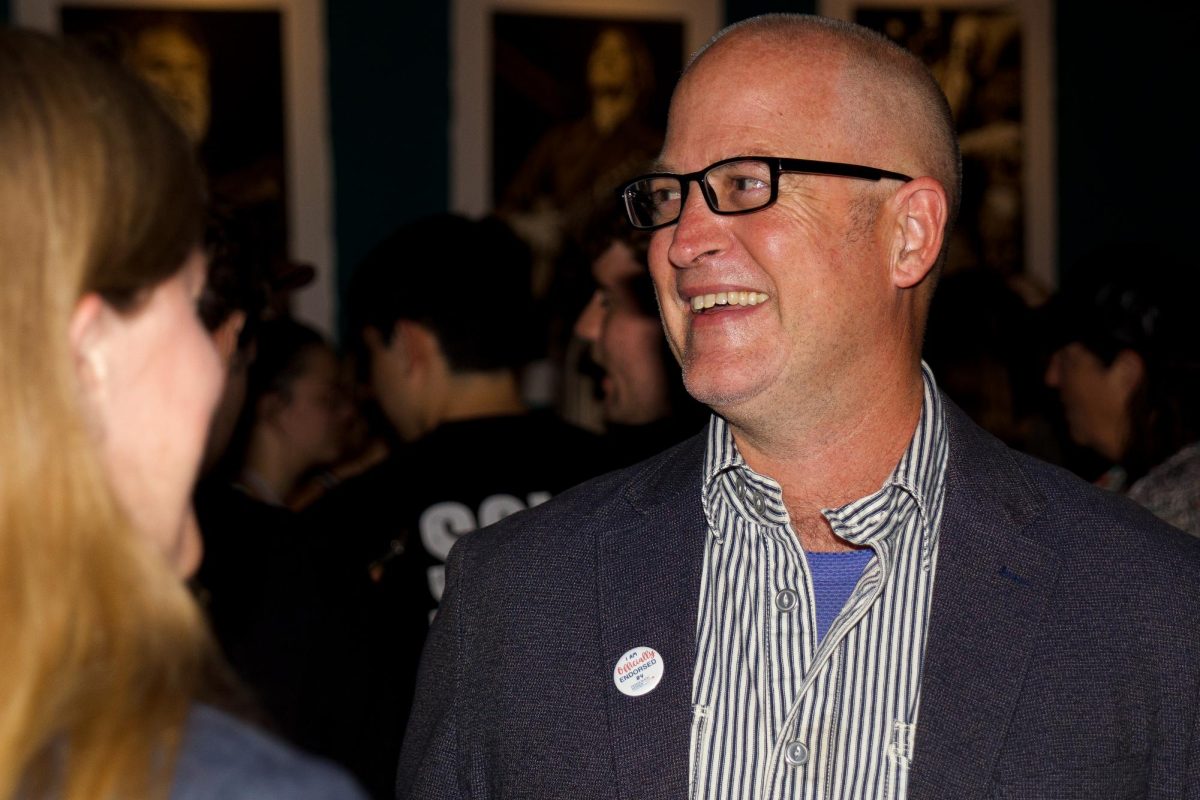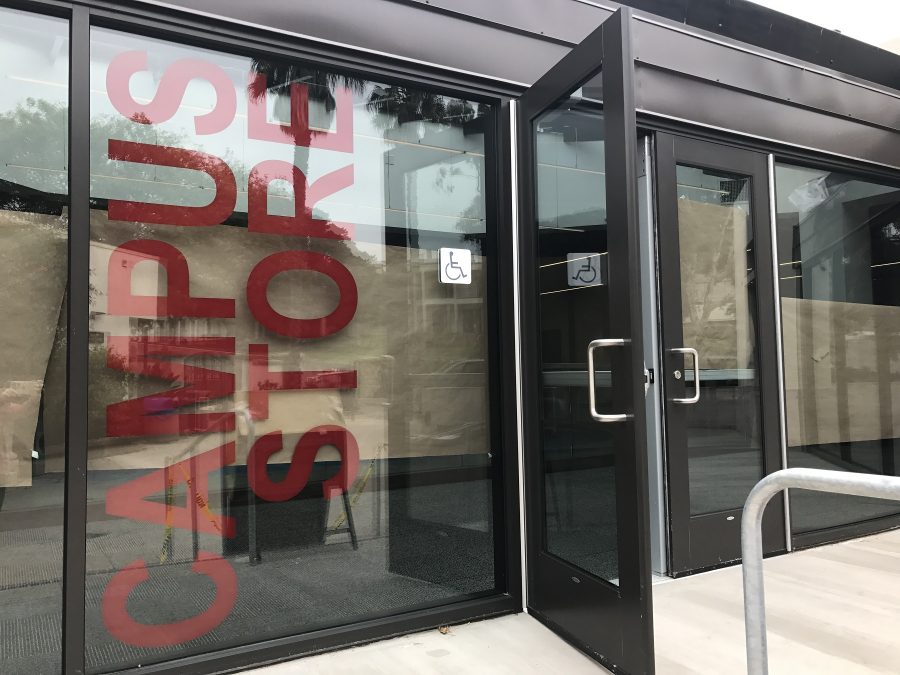The College Planning Council discussed closing the Schott Center over summer, implementing a hiring freeze, offering larger classes and other recommendations to deal with the anticipated $9 million budget deficit the college could face.
Led by Paul Jarrell, executive vice president of educational programs filling in for Superintendent-President Dr. Anthony Beebe during his sick leave, the council reviewed proposals to conserve revenue and decrease expenses at the Nov. 1 meeting. The council discussed summaries of the recommendations submitted Oct. 28 from groups of faculty and staff over Halloween candy. Each group was given approximately 13 minutes to explain their proposed solutions, allotting time for questions and answers.
The groups included facility maintenance, enrollment management and efficiency, hourly staffing, marketing, information technology and noncredit programs.
The facilities group recommended shutting down the Schott Center during the summer, implementing parking fees on the Wake and Schott campuses and integrating the two noncredit campuses using scheduling software.
The enrollment management group discussed ideas to better manage classes in order to increase the amount of students that stay at the college while also increasing revenue and keeping student interest a priority.
“The goal isn’t really to go out and raise the class cap, but to manage course offerings so that classes are full at the class cap,” Jarrell said.
Applying a consistent rationale to the way that class sizes are determined would allow the college to save conserve funds by offering larger classes with fewer sections in areas where it is appropriate, he said.
“If there are places where we can increase seats to meet student demand, certainly it’s efficient to do it that way than it is to add another class,” Jarrell later said in an interview.
He also discussed the benefits of adding short-term late start classes to accommodate students forced to drop traditional classes, a topic brought up at previous meetings. Late-start classes will allow the college to generate additional revenue, Jarrell said.
The hourly staffing group suggested a placing a hiring freeze and replacing the fewest number of classified, management, and faculty positions vacated by the supplemental early retirement plan.
“Our wording in suggesting a hiring freeze was very intentional,” said Financial Controller Lyndsay Maas.
The marketing group stressed the importance of reaching out beyond the college’s traditional 18 to 24-year-old population to get feedback on the size of the program “because the one size fits all program for noncredit really doesn’t work,” said Communications Director Luz Reyes-Martin.
Among the information technology group’s top recommendations was speeding up the transition from Moodle to Canvas to the Spring 2017 rather than August 2017, which would save the college up to $100,000.
The noncredit group suggested offering credit by exam for noncredit classes, allowing previously noncredit students to transfer into credit programs without having to retake the same classes.
“If they can get a leg up, it pulls them into the credit program,” said Computer Science Chair Dean Nevins.
He went on to explain another tactic which would be to expand City College’s older adult program to make sure it serves the community as well as the college.
At the next meeting, the College Planning Council will divide back into groups to discuss recommendations that can be implemented right away, clarifying the most realistic long and short-term strategies.
















